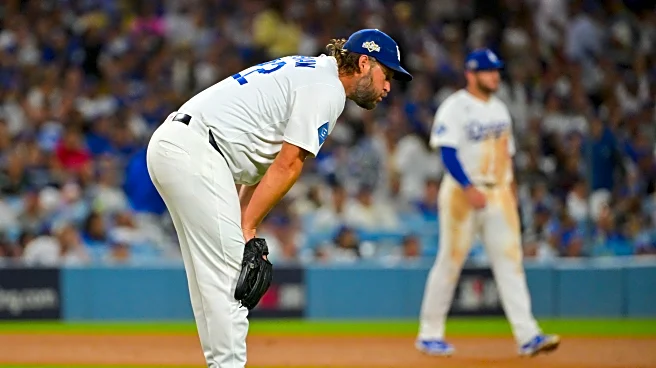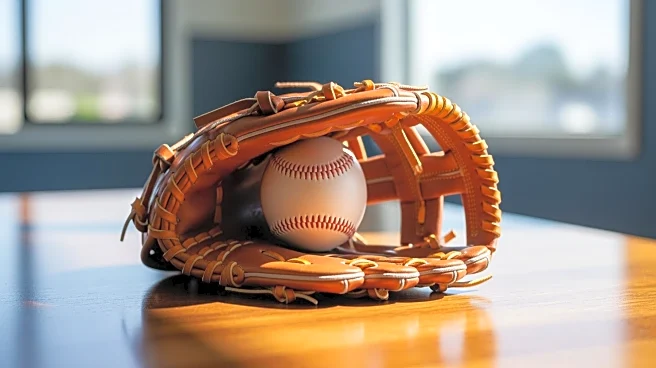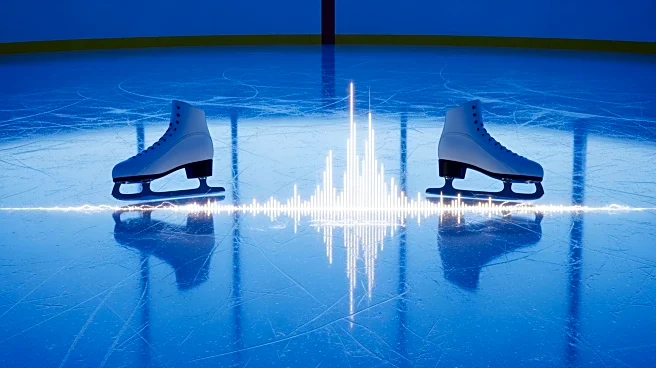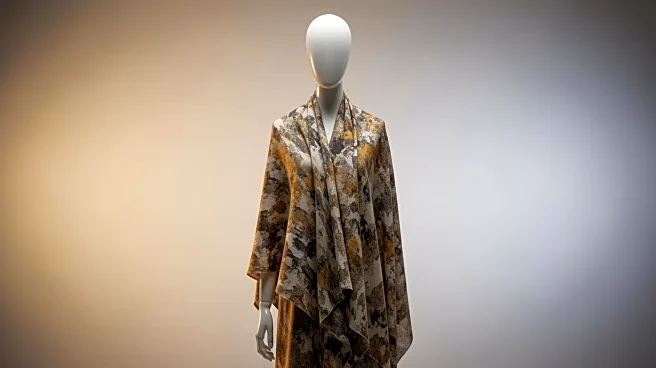The goal for Game 3 was to put the Phillies down and not let them catch their breath. The Dodgers failed spectacularly and basically have to play for free for the rest of this series.
But first, an obligatory word about Clayton Kershaw.
Will it go ’round in circles?
“There are only two tragedies in life: one is not getting what one wants, and the other is getting it.” – Oscar Wilde
If Game 2 of this NLDS brought back memories of Game 4 of the 2018 World Series, then last night likely brought back memories of Game 5 of the 2019 NLDS against the Washington Nationals. Let us count the ways.
- The Dodgers get an early lead that is eventually squandered? Check.
- Clayton Kershaw getting summoned in the seventh inning of a gutsy relief appearance? Check.
- Clayton Kershaw being “effective” in the first inning, i.e., not surrendering the lead of said appearance? Check, but barely.
- Clayton Kershaw being kept on the mound into the eighth inning, which blows up spectacularly? Oh boy.
History does not repeat, but it sure does rhyme a lot, and sometimes it is just divine comedy.
Considering how heated I became in the aftermath of Game 2, one would expect that I would go thermonuclear in the aftermath of Game 5 redux. I will let my fellow writers attest to my temperament in the True Blue LA Slack channel, but I found the entire affair to be darkly amusing.
To paraphrase Orel Hershiser from earlier this summer, whose call with Joe Davis was sorely missed this game, the Dodgers spent some equity last night. Unfortunately, the person paying that equity was Clayton Kershaw.
I was forced to listen to a delayed national broadcast, so I had to listen to Brian Anderson and Jeff Francoeur seemingly have an existential crisis as we all saw another, and possibly final, Playoff Kershaw outing.
And before anyone starts typing furiously to try and defend the playoff record of Clayton Kershaw — this essay is not for that argument, which is a futile gesture, I know.
I have studied Kershaw’s biography more than some law textbooks. And yes, if you want to say “but…Joe Torre, Don Mattingly, Pedro Baez, the early years of Dave Roberts, the cheating Houston Astros, Joe Kelly, Kershaw’s stubbornness, and so on and so on” in the comments or at me on social media — fine.
Kershaw lives off his slider these days, and he did not have command of it on Wednesday night. Therefore, unscheduled live batting practice. QED.
Kershaw did not have to come back in 2021, as he finally got his storybook ending with a ring in 2020. Kershaw did not have to come back in 2025, as he got a second ring for being a passenger in the Dodgers’ wild ride of 2024. Most athletes do not get to write the ending to their own story, as time is undefeated and makes fools of us all.
Kershaw got two send-offs in both Los Angeles and Seattle during a season that has largely felt like a quiet victory lap. Last night did not change anything, regardless of the bizarre ranting of Anderson and Francoeur. If it did, then what was changed was of little value.
If the eighth inning of Game 3 made you sad or angry, I am sorry. The legacy of Clayton Kershaw has been set in granite for a while. He’s a future first-ballot Hall of Famer and one of the finest pitchers of his generation.
As I have said throughout the year, the cost of experience is wonder. Watching players decay over time, even the most important and foundational ones, is an inescapable reality. No one is guaranteed a tomorrow. Kershaw’s career does deserve a deeper dive, but unlike 2019 or 2023, the Dodgers still have the advantage in this series.
If it makes you feel better, Max Muncy feels just as badly as you might think.
There was a reason why Kershaw had to go back out there in the eighth inning: the Dodgers needed coverage.
It was announced after the game that Tanner Scott was not at the ballpark for personal reasons. For all the angst that man has caused me and others over baseball in 2025, I genuinely hope that everything is okay with Scott and his family.
With all that preface, Kershaw did not make the playoff rotation in his final season for a reason. What did you think he was here for? Landon Knack is not on the roster, and Brent Honeywell is off living his best life. Someone needs to be the ultimate fallback to soak up non-leverage innings. Frankly, if this current playoff run hinges on the effectiveness of Kershaw, then the Dodgers are in far more trouble than previously thought.
Thankfully, the powers that be have a bit of perspective about this whole experience when calling out Shohei Ohtani for being lost at the plate during this series.
Frankly, Freddie Freeman, Mookie Betts, Max Muncy, and Andy Pages have not done much offensively either in this series. I would not be surprised to see Alex Call get the call today.
Since MLB introduced the Divisional round of the playoffs in 1995, the Dodgers have gone up 2-0 in the best-of-five games format against six different opponents.
- 2008: Chicago Cubs (sweep in 3)
- 2009: St. Louis Cardinals (sweep in 3)
- 2017: Arizona Diamondbacks (sweep in 3)
- 2018: Atlanta Braves (won in 4)
- 2020: San Diego Padres (sweep in 3)
- 2025: Philadelphia Phillies (outcome undetermined)
In the history of this format, no team has ever taken the Dodgers to a fifth game when spotting the Dodgers a two games to none advantage. The Dodgers would have a spectacularly poor sense of timing if they allowed the Phillies to be the first team to do so on this list.
It could always be worse: the Dodgers could be down 1-2 instead of up 2-1 going into this afternoon’s game.
The Dodgers are now in a very simple position: beat Christopher Sánchez on four days’ rest and a rested Jhoan Duran for a second time in less than a week, or return to Citizens Bank Park in Philadelphia.
Regardless, they still have to play for free.
Working for the Man
The Dodgers will effectively end this series without pay. MLB players do not get overtime for the playoffs. As we covered last year, MLB is responsible for setting prices for playoff tickets, among other factors, such as game management, running the games, and paying rent to the home team for the use of the stadium.
Article X of the current Collective Bargaining Agreement governs the pool of money for playoff teams in Major League Baseball. The playoff pool is created from the following sources:
- 60 percent of the total gate receipts from the first two games of each Wild Card Series of each league (after deducting the traveling expenses of the visiting clubs, up to $100,000 per game).
- 60 percent of the total gate receipts from the first four World Series games;
- 60 percent of the total gate receipts from the first four League Championship Series of each league;
- 60 percent of the total gate receipts from the first three games of each Division Series of each league (which would change to the first four games if the LDS were expanded to seven games); and
- 60 percent of the total gate receipts from the first two games of each Wild Card Series of each league (after deducting the traveling expenses of the visiting clubs, up to $100,000 per game).
The other 40 percent of these gate receipts, as well as 100 percent of the gate receipts for games after the minimum to clinch, go to the owners. Moreover, the owners receive 100% of all memorabilia, concession sales, parking, and other revenue throughout the playoffs.
The World Series winners get 36 percent of the pool. The World Series loser gets 24 percent from the pool. The LCS losers split another 24 percent from the pool, with both teams receiving 12 percent each. The LDS losers split another 13 percent of the pool, as each of the four teams gets 3.25 percent. Finally, the Wild Card losers split the final 3 percent of the pool, as each of the four teams gets 0.75 percent of the pool.
If you think about it, these measures were put into place to prevent another 1919 Black Sox Scandal, as there is no financial incentive for the players to drag a series out. For those who need a visual representation of this setup, I came across this Instagram illustration last year.
Simply put, win more games, get more money, but take too long to clinch, and one is effectively working for free.
As to who gets paid, every player (and manager) on the team by June 1 and still eligible for the World Series is guaranteed a full share by major league rule. The rest of the players, plus two trainers and a strength and conditioning coach, are subject to a vote by the players. The cash awards are generally reserved for non-uniformed personnel and per the rule in the Collective Bargaining Agreement, “including, but not limited to, spring training coaches, traveling secretaries, clubhouse personnel, media relations personnel, scouts, and members of the grounds crew.”
Last year, the 2024 playoff pool was a record $129.1 million, with the champion Dodgers receiving $477,441 per share, the largest share of the pot. No one likes coming to work on their day off, but if the Dodgers’ 2025 title chase is going to continue, they should be amicable hosts and send the Phillies home to wonder “what if?” with their 3.25% share of the playoff pool.









